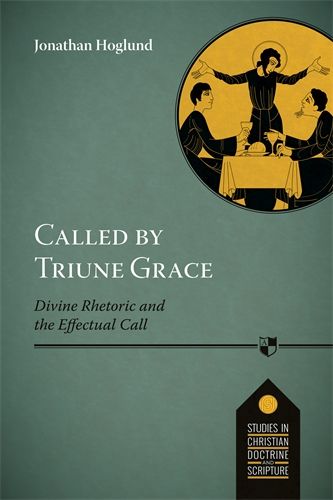
Christians confess that God calls people to salvation. Reformed Christians in particular believe this is an effectual calling, meaning that god brings about salvation apart from human works. But in what sense does God actually 'call' us? Does a doctrine of effectual calling turn people into machines that lack any personal agency?
In his lucid and carefully researched study, Jonathan Hoglund provides a constructive treatment of effectual calling that respects both the Reformed tradition and non-Reformed critiques, while subjecting he doctrine to a fresh reading of Scripture with special attention given to the letters of Paul. Hoglund interprets divine calling to salvation as an act of triune rhetoric, in which Father, Son, and Holy Spirit work in a personal way to communicate new life. By bringing together theological exegesis, rhetorical theory, dogmatic reflection, and historical enquiry, Called by Triune Grace proves to be feast -- not only for the mind, but also also for the spirit.
In his lucid and carefully researched study, Jonathan Hoglund provides a constructive treatment of effectual calling that respects both the Reformed tradition and non-Reformed critiques, while subjecting he doctrine to a fresh reading of Scripture with special attention given to the letters of Paul. Hoglund interprets divine calling to salvation as an act of triune rhetoric, in which Father, Son, and Holy Spirit work in a personal way to communicate new life. By bringing together theological exegesis, rhetorical theory, dogmatic reflection, and historical enquiry, Called by Triune Grace proves to be feast -- not only for the mind, but also also for the spirit.



